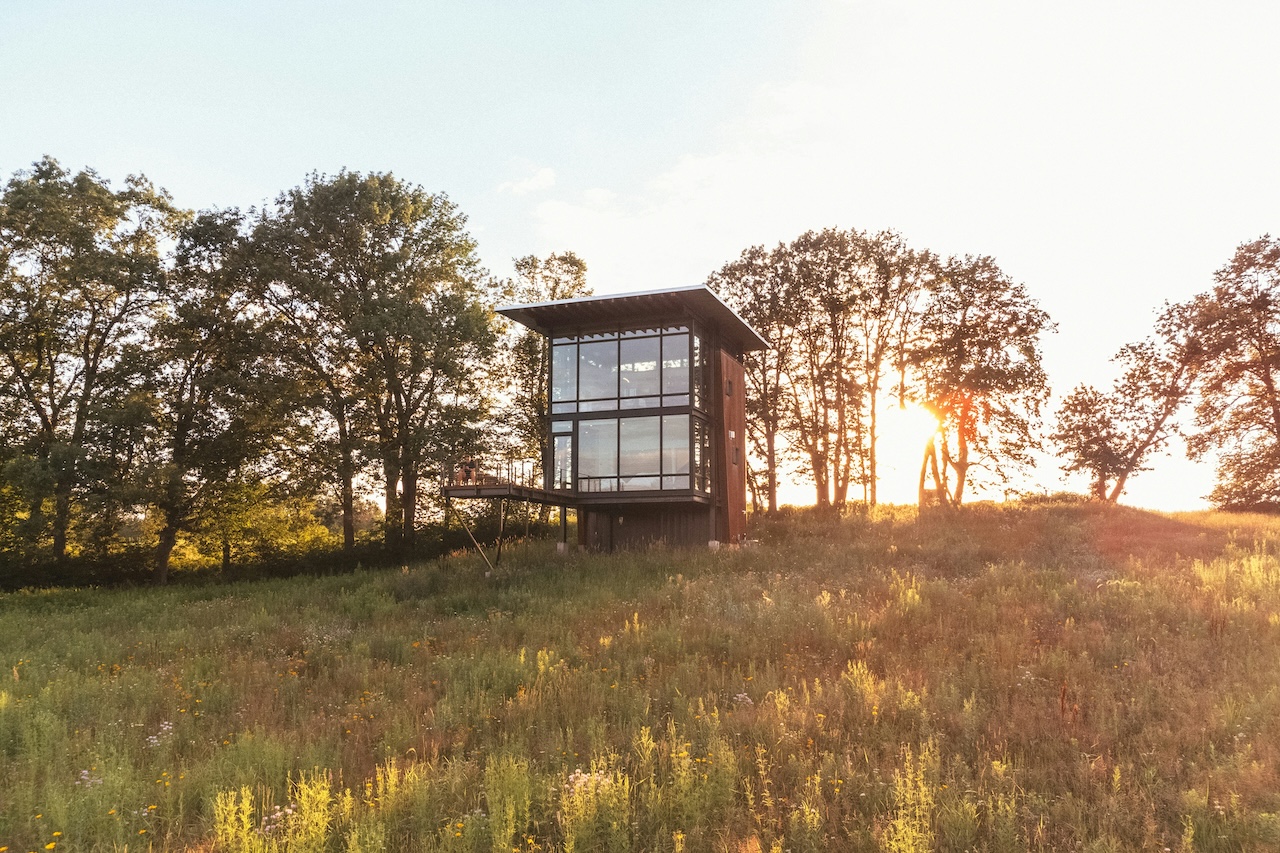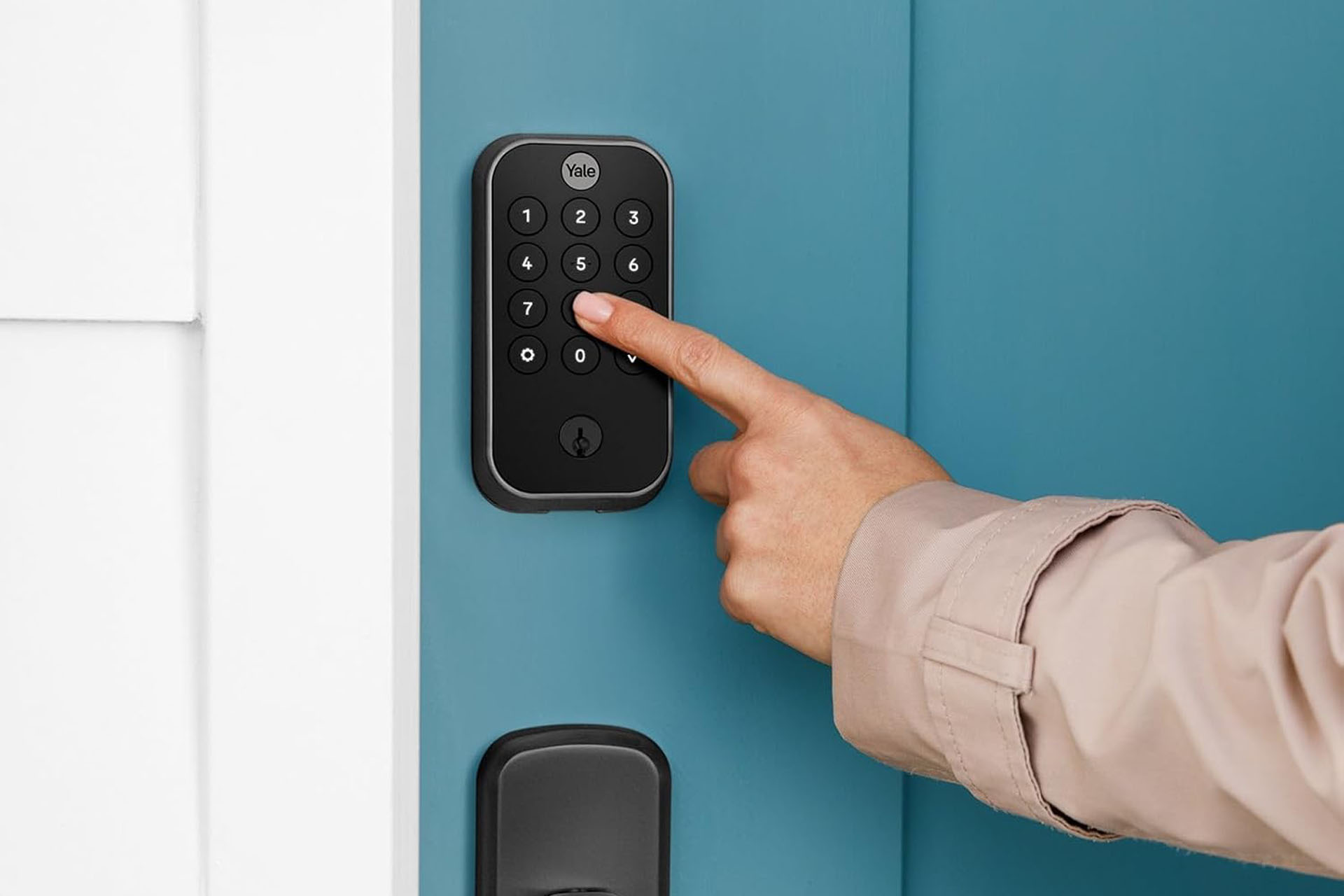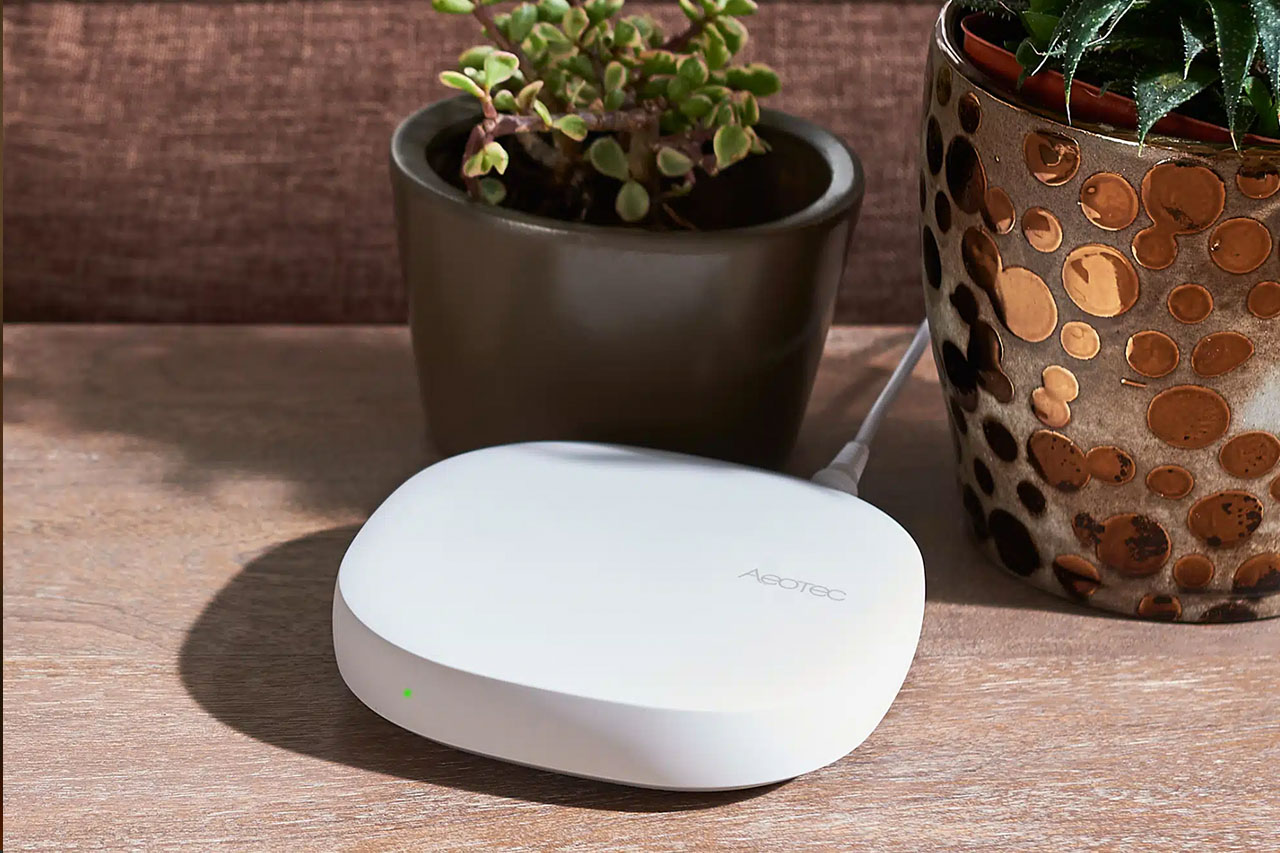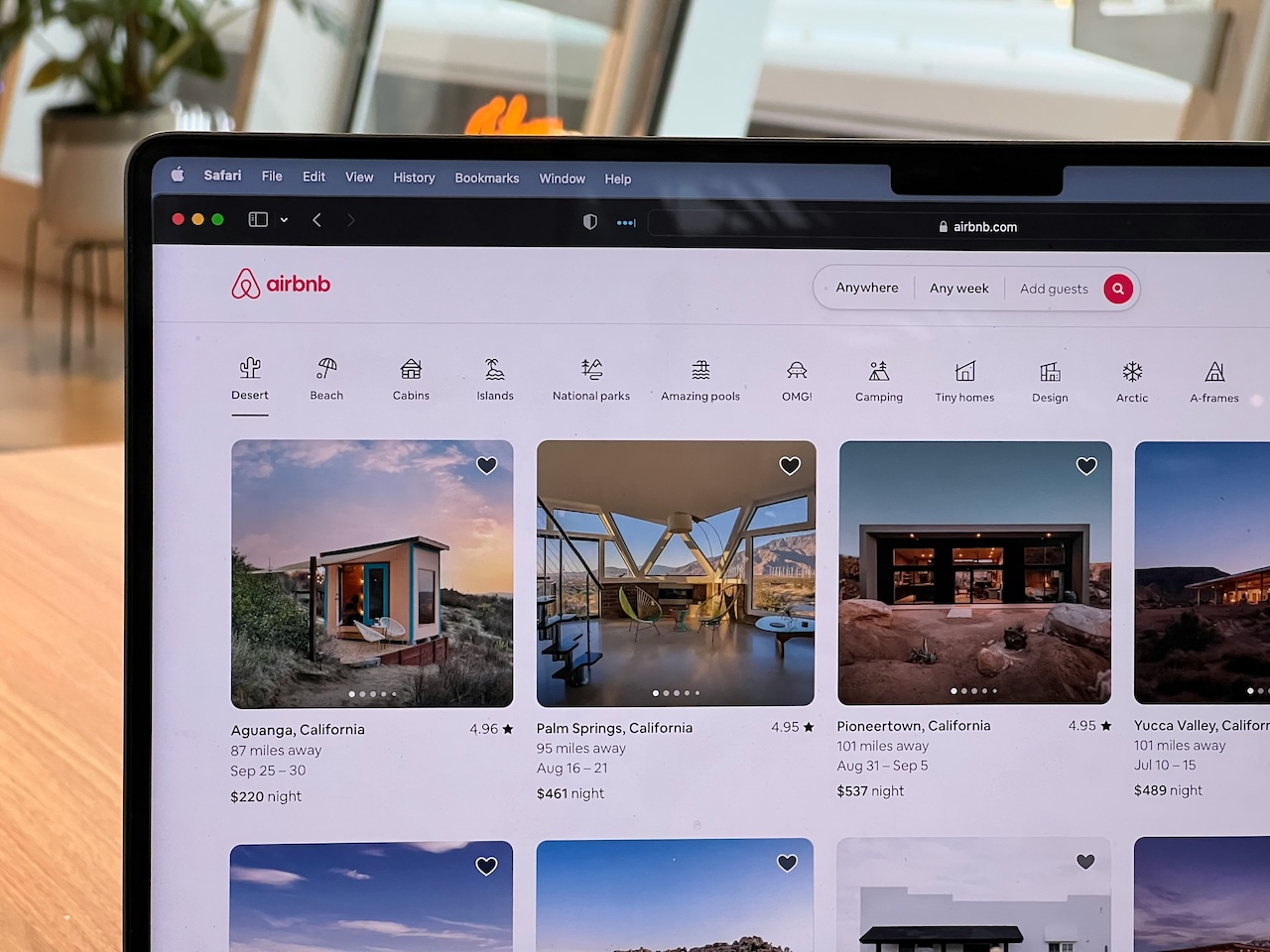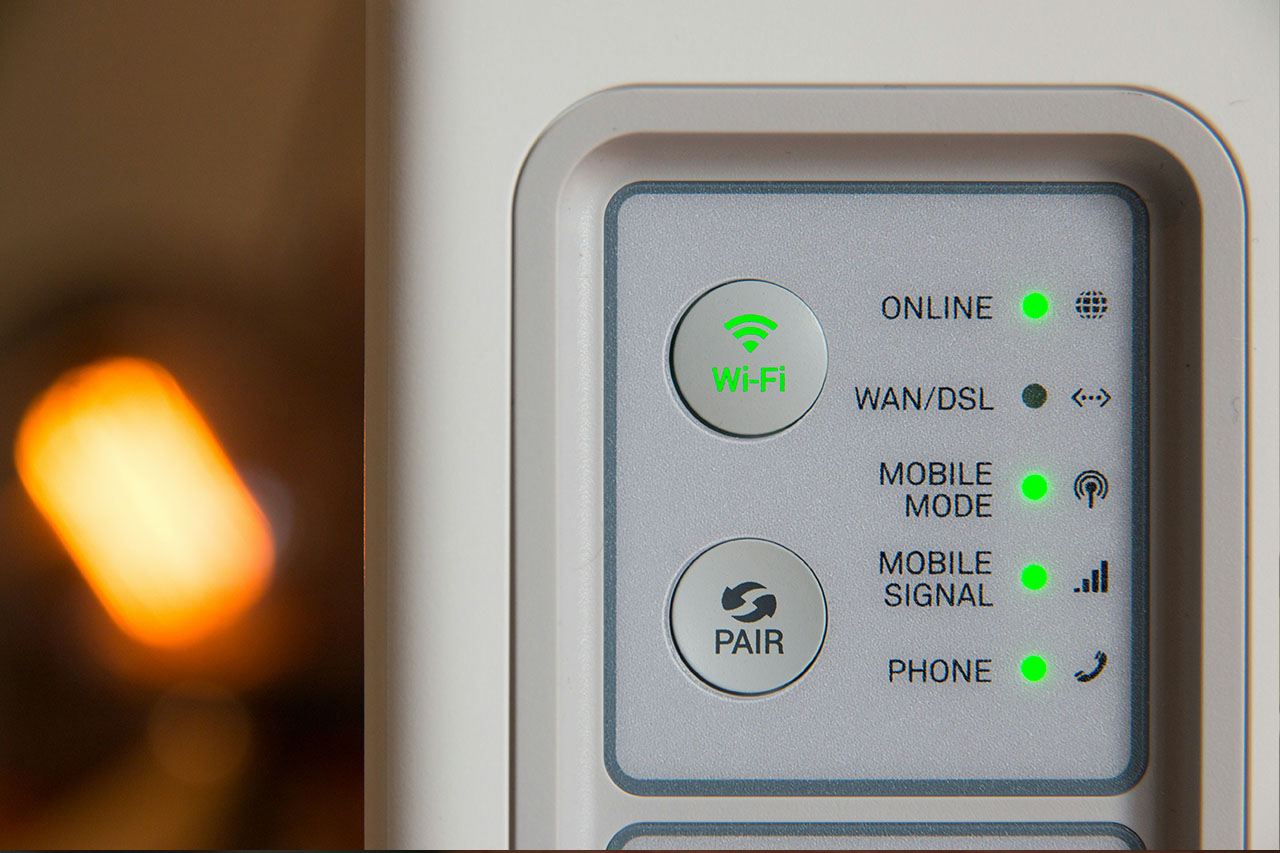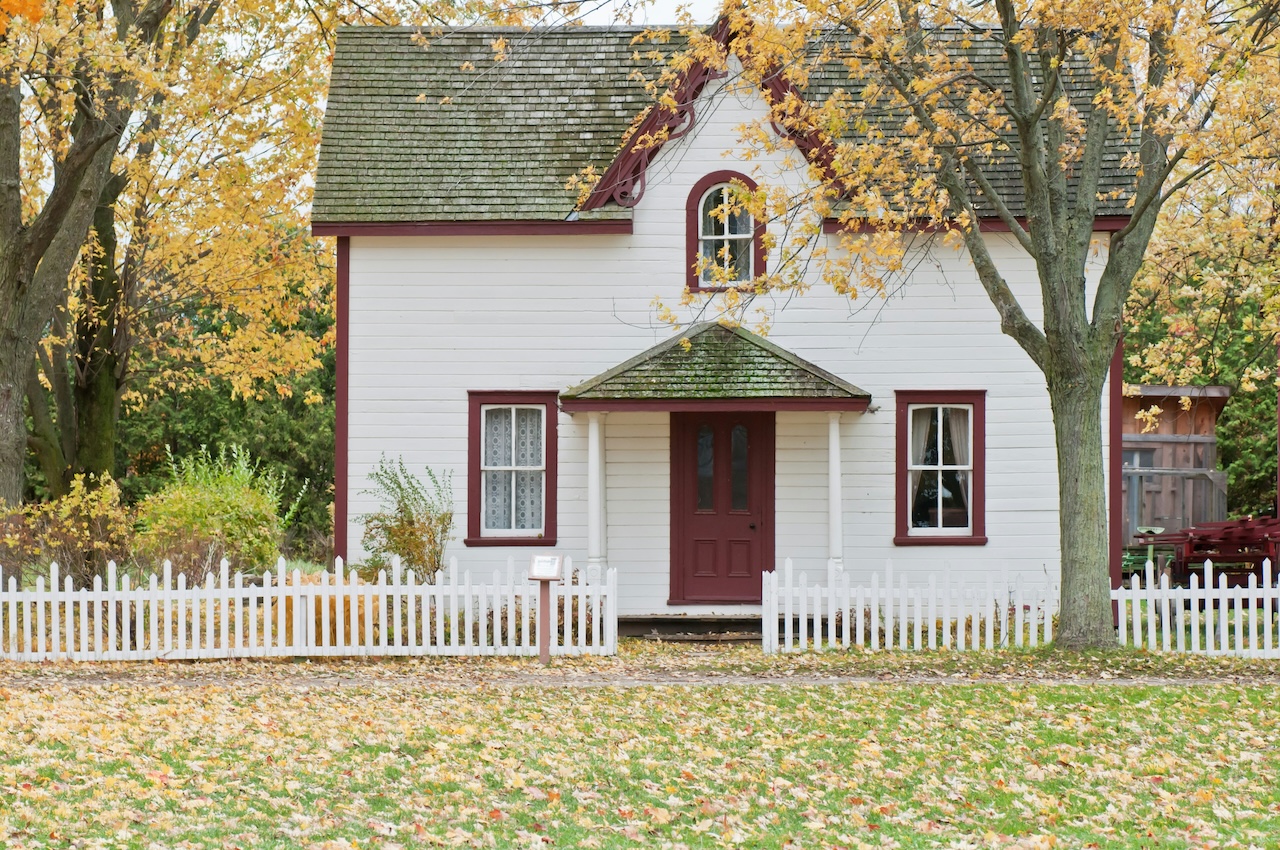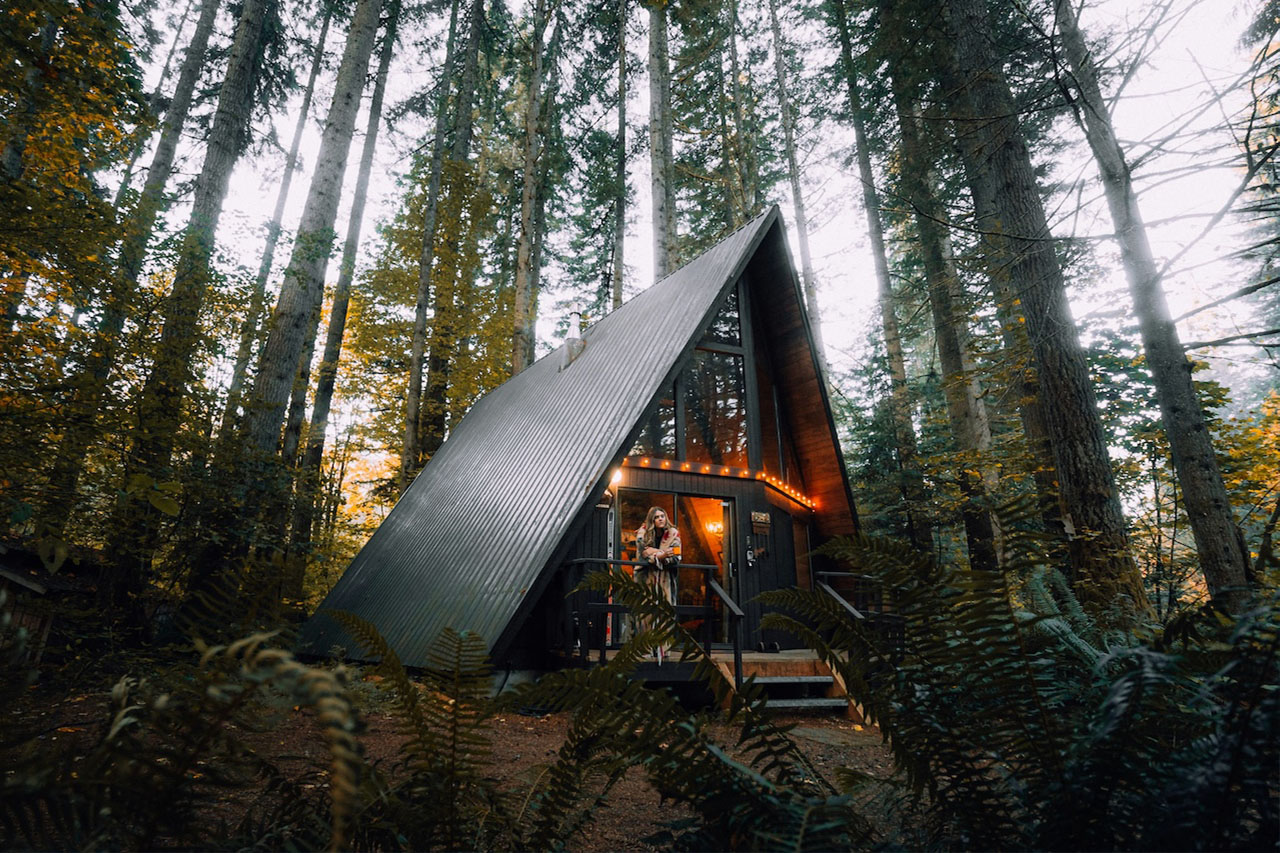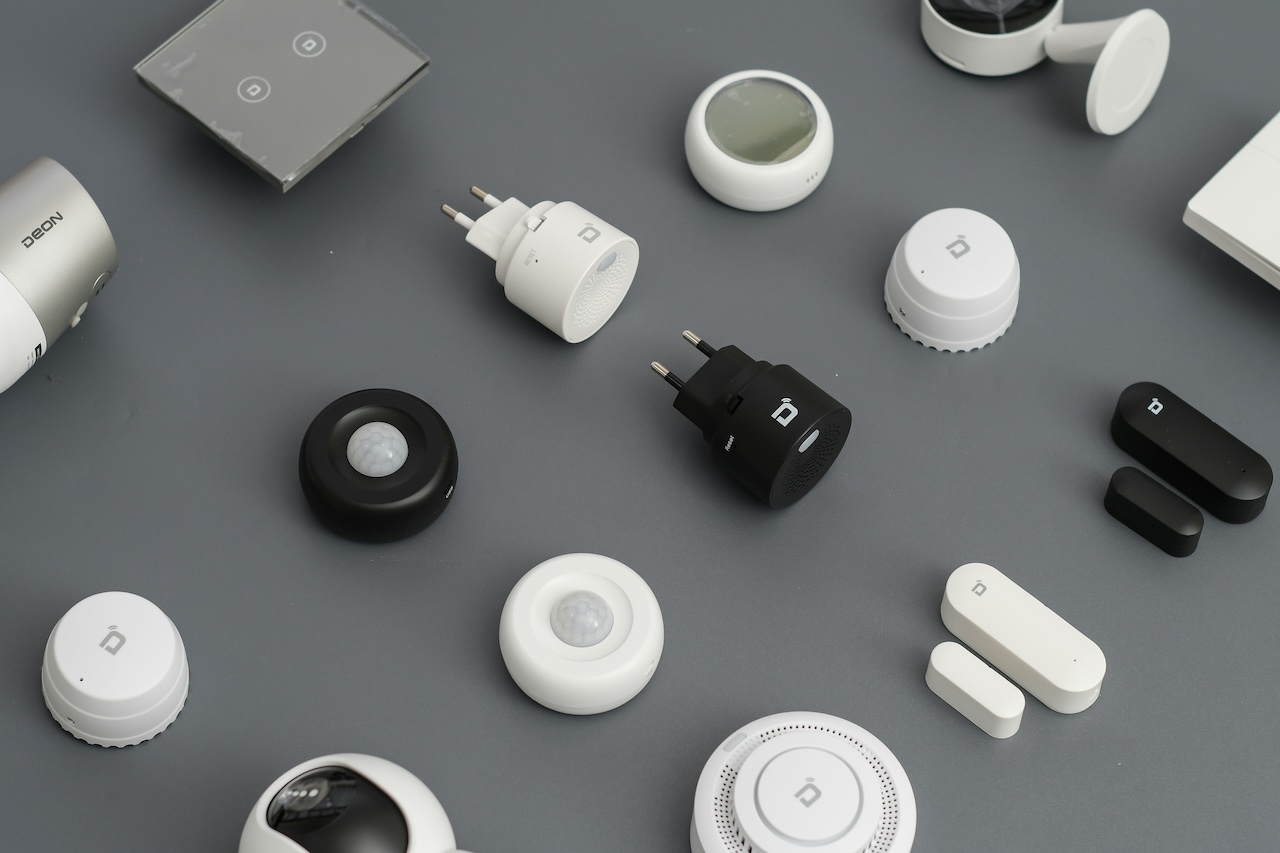In 2025, integrating smart home devices into short-term rentals is quickly becoming a norm. These devices promise increased convenience and security but can also introduce a range of challenges. For hosts, it’s becoming increasingly important to use smart technology to control and monitor things at their vacation rental properties because labor is getting expensive and scarce.
Utilizing smart devices and technology at a short term rental or Airbnb is different from a typical smart home, but if done correctly it can create a seamless guest experience and avoid lots of issues. We’ve used different smart devices in a range of different applications and have created a list of our recommended smart devices along with a database of smart device reviews from a short-term rental automation perspective. We also created a shortlist of the must-have smart devices for any short term rental or Airbnb host in 2025.
Let’s dive into the most common issues we’ve seen when outfitting a short term rental property with smart devices and what you can do to mitigate them:
1. Connectivity Issues
Problem: One of the most prevalent challenges is connectivity disruptions. Wi-Fi networks can be unreliable, especially if a rental property experiences high traffic or if multiple devices are connected simultaneously. This can result in smart devices malfunctioning or becoming unresponsive, frustrating both hosts and guests.
Solution: To mitigate these issues, we suggest getting a dedicated smart home hub (like this one from Aeotec) and ensuring it is directly connected to the internet via ethernet cable. You can then use the device to build a smart network that is separate from your Wi-Fi network. Using Z-Wave, Zigbee or a newer protocol like Thread will ensure a lot more stability in your smart device network. You could also consider investing in a robust network system like the UniFi Ecosystem. Their devices can add a substantial amount of stability to your Wi-Fi network and ensure more reliable performance.
2. Compatibility Challenges
Problem: With the plethora of smart home devices available, compatibility between different brands and ecosystems often poses a problem. Without a standard protocol, integrating various devices can be complicated, leading to functionality issues.
Solution: Again, we suggest you opt for a smart hub like the Aeotec Smart Home Hub Gen 3 that supports multiple protocols, such as Z-Wave, Zigbee, and Matter, to enhance compatibility and reduce complexity. This type of hub can act as a universal translator, allowing diverse devices to communicate effectively. Researching and choosing devices known for their cross-platform compatibility can also simplify integration. Make sure you consider the placement of your devices around the home or you have a sufficient mesh network designed to provide coverage to all your devices.
3. Privacy Concerns
Problem: Privacy remains a significant concern for guests in smart-equipped rentals. Smart security cameras and voice-activated assistants can raise privacy issues if not managed correctly.
Solution: Hosts must be transparent about the smart devices installed and ensure compliance with legal privacy standards. Clearly inform guests about device functionality and data management practices. Disable non-essential features or devices in private areas and provide an opt-out option for guests uncomfortable with certain technologies.
4. Maintenance and Updates
Problem: Keeping smart devices charged and updated is crucial for maintaining security and performance. However, this can be cumbersome in a short-term rental environment with multiple devices.
Solution: Establish a routine maintenance schedule. Utilize automation tools within smart platforms that notify you of necessary updates or issues. Regularly check for firmware and software updates for all devices to ensure they remain secure and function optimally. You should also opt for wired devices whenever possible so you don’t have to deal with batteries.
5. User Experience
Problem: A seamless user experience is key in the hospitality industry, but the complexity of smart home devices can sometimes interfere with this goal. Guests may not be familiar with – or have access to operate – certain devices, leading to confusion and dissatisfaction.
Solution: We suggest you first think about the devices you are going to install, ensuring that devices guests need access to are accessible to them. In addition, certain smart devices will allow the guest to control them while still giving you the ability to reset things once they depart. You’ll also want to provide comprehensive yet straightforward instructions, either printed or digital, for using each smart device (you can use QR codes to give quick access to instructions).
6. Future-Proofing
Problem: Things are changing all the time, and smart devices are continually changing. The rapid evolution of smart home technology can make devices obsolete faster than anticipated, posing a challenge for short-term rental hosts trying to ensure their tech remains relevant and functional.
Solution: You should select devices that offer broad compatibility and the ability to receive updates. Starting with the brain of your smart home system, pick a smart hub that will work now and well into the future. Then choose other devices that function well and are from reputable brands which means they will receive support and updates in the future. We’ve done the heavy lifting for you on this, check out our recommended devices for our top choices that have been tried and tested in short term rentals for years.
While smart home devices offer numerous benefits for short-term rentals, you’ll need to think about the best ways to design your smart home to avoid some of the most common challenges listed here. If you plan ahead, these smart devices can create a safer, more efficient vacation rental property that enhances guest satisfaction and allows you to increase your margins in a competitive market.


